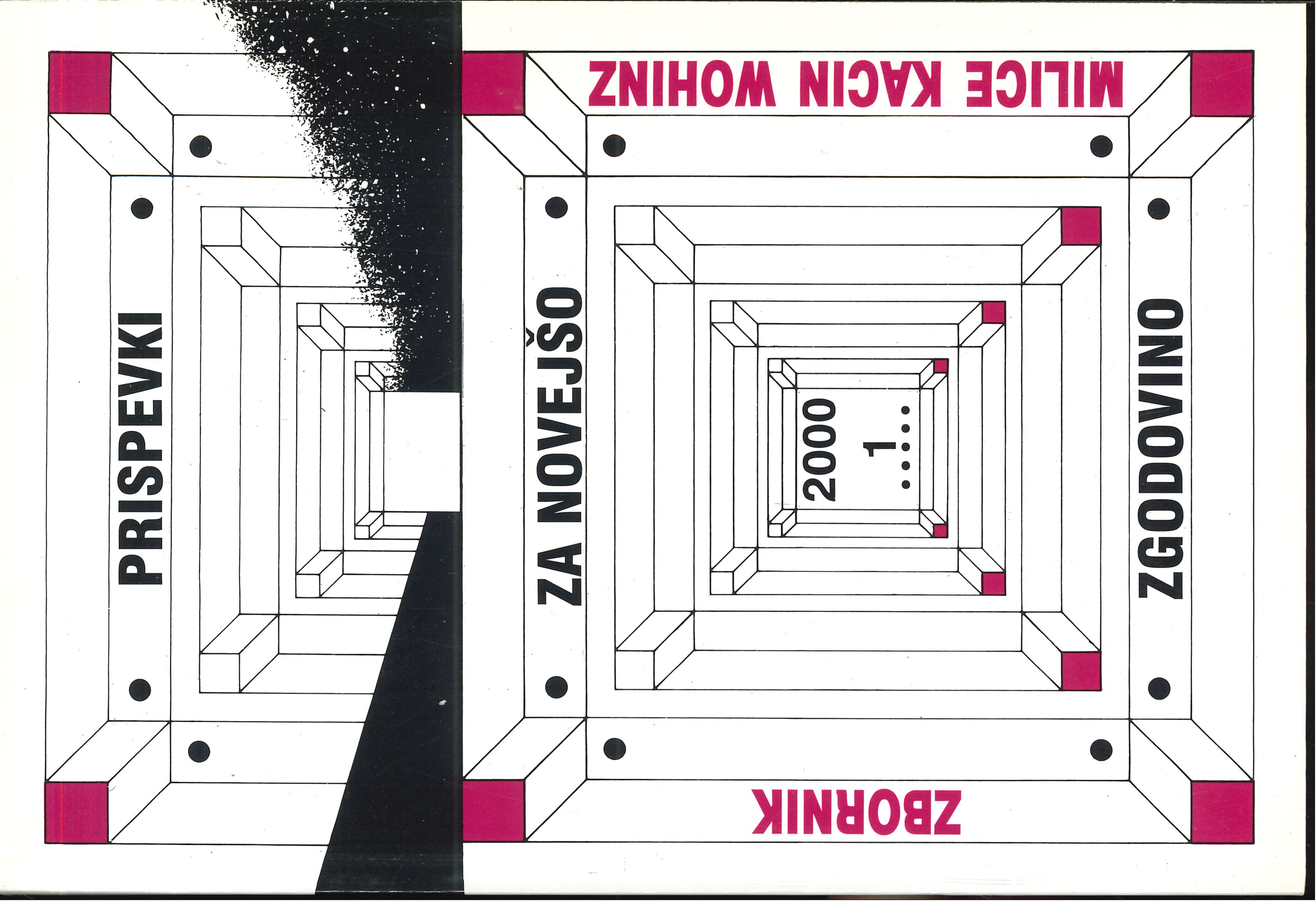Chaplain Ivan Kretič and a Children's Poem in Cerkno from 1937 are Threatening the Safety of the Italian State
Keywords:
Fascism, Italianization, Slovene Littoral, clergy, confinementAbstract
Based on archival documents, the most important being a preserved file in the fond of the Gorizia police office, the author, using the example of the parish priest Ivan Kretič in Cerkno, vividly presents a story illustrating the confrontations such as were typical in the 1930s between the Italian Fascist authorities and the Slovene clergy in the Primorska region. Kretič, by using the Slovene language and teaching his congregation national songs, which was seen by the Italian authorities as a deliberate attempt to hinder the Italianization of the region, elicited a strong reaction from the entire Fascist ruling and repressive apparatus from Cerkno to Gorizia. Kretič managed to avoid punishment only by a hair's breadth. Yet because he continued with such and similar activities after he was transferred to the parish of Kojsko, he was sentenced to two years of confinement in southern Italy in 1939.
Downloads
Published
Issue
Section
License
Authors who publish with this journal agree to the following terms:
- Authors retain copyright and grant the journal right of first publication with the work simultaneously licensed under a Creative Commons Attribution License that allows others to share the work with an acknowledgement of the work's authorship and initial publication in this journal.
- Authors are able to enter into separate, additional contractual arrangements for the non-exclusive distribution of the journal's published version of the work (e.g., post it to an institutional repository or publish it in a book), with an acknowledgement of its initial publication in this journal.
- Authors are permitted and encouraged to post their work online (e.g., in institutional repositories or on their website) prior to and during the submission process, as it can lead to productive exchanges, as well as earlier and greater citation of published work (See The Effect of Open Access).


